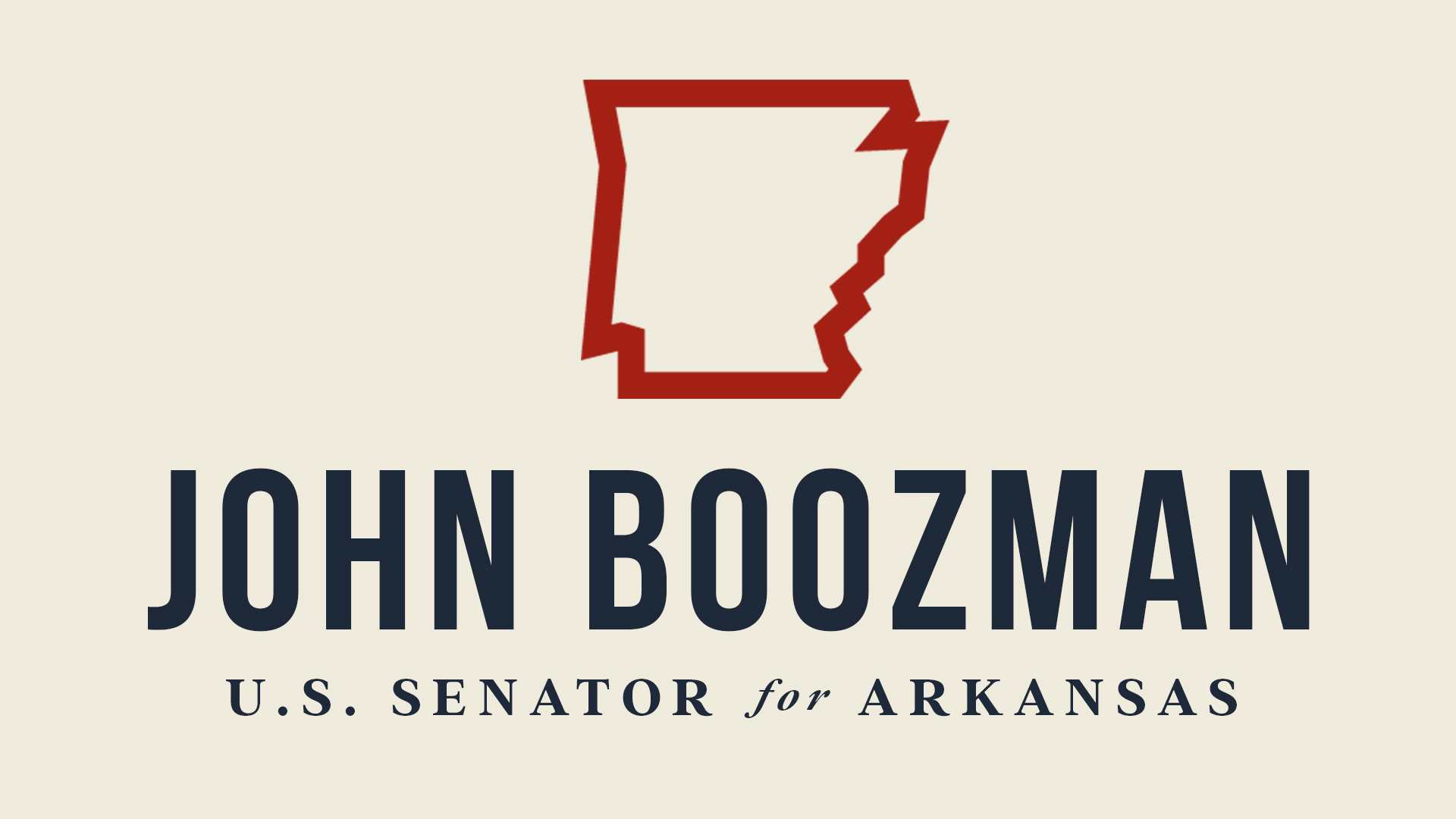Source: United States Senator for Arkansas – John Boozman
WASHINGTON – U.S. Senators John Boozman (R-AR), Tom Cotton (R-AR) and Roger Wicker (R-MS) partnered to lead their colleagues in introducing a formal challenge to the Environmental Protection Agency’s (EPA) “Good Neighbor Rule” through a Congressional Review Act (CRA) joint resolution of disapproval.
The senators are seeking to overturn the rule, which will place severe restrictions on state emissions based on a questionable methodology that assigns fault to “upwind” states like Arkansas and Mississippi for other “downwind” state emissions. The EPA’s rule comes after years of good-faith efforts from states to address the emissions concerns through individual State Implementation Plans (SIP).
“The EPA’s Good Neighbor Rule makes it impossible for Arkansas and other states to comply with its misguided regulations,” Boozman said. “We can find a practical balance between protecting air quality and preventing federal overreach. This CRA will ensure American manufacturers aren’t at a disadvantage as a result of unattainable standards.”
“The EPA’s ‘Good Neighbor Rule’ is anything but. It is a top-down set of burdensome regulations that will harm both energy production and manufacturing in Arkansas and many other states,” Cotton said.
“The EPA claims that the state of Mississippi is causing emissions problems for Dallas and Houston. This is an entirely unconvincing assertion, which will have severe consequences for development in our area,” Wicker said. “With its so-called ‘Good Neighbor’ rule, the EPA has decided to discard years of good-faith efforts by states to address emissions concerns. Overturning these plans by executive fiat is wrong and exceeds the role of the EPA. I am glad to be joined by so many like-minded colleagues in challenging this rule.”
The rule, which falls under provisions of the Clean Air Act, would impact 23 states, including Arkansas. It would require new, more stringent regulations related to nitrogen oxide (NOx) emissions from stationary sources. To achieve lower emission rates, the rule would establish an ozone trading season for fossil fuel plants in 22 states and establish emission limits on certain industrial sources.
Prior to the issuance of the rule, states worked with EPA to submit an approvable SIP for the 2015 8-hour ozone national ambient air quality standards (NAAQS). Earlier this year, the EPA disapproved SIPs for 19 states, including Arkansas, at one time. The other states whose SIPs were disapproved include Alabama, California, Illinois, Indiana, Kentucky, Louisiana, Maryland, Michigan, Mississippi, Missouri, Nevada, New Jersey, New York, Ohio, Oklahoma, Texas, Utah and West Virginia. Many of those states are either suing or considering litigation against EPA as they believe this is a violation of the Clean Air Act’s “cooperative federalism” structure.
Boozman has been a longtime champion of overturning this rule. In April 2023, as a member of the Senate Environment and Public Works Committee (EPW), he stood up for The Natural State in the face of the EPA’s so-called “Good Neighbor Rule” during a committee hearing that featured witnesses from other states on the receiving end of this onerous mandate.
Boozman, Cotton and Wicker were joined by Sens. Shelley Moore Capito (R-WV), Pete Ricketts (R-NE), Mike Braun (R-IN), John Barrasso (R-WY), Cynthia Lummis (R-WY), James Risch (R-ID), Josh Hawley (R-MO), Mike Crapo (R-ID), Todd Young (R-IN), Kevin Cramer (R-ND), Tommy Tuberville (R-AL), John Hoeven (R-ND), Ted Cruz (R-TX) and Eric Schmitt (R-MO) in support of the legislation.
U.S. Representative Michael Burgess (R-TX) is leading a similar effort in the House of Representatives.
Congress can consider these resolutions using expedited procedures under the Congressional Review Act and can pass it by a simple majority vote.
